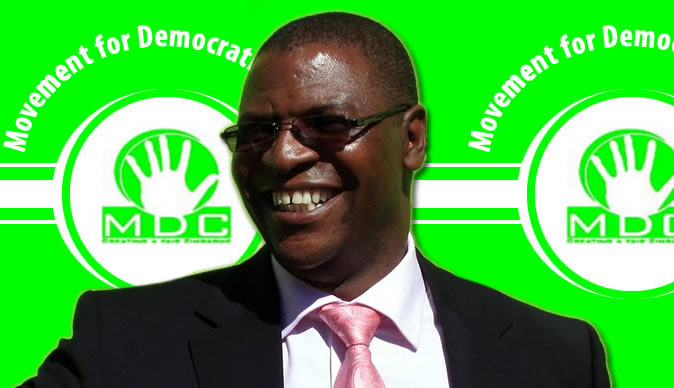- WICKNELL CHIVAYO left school at 15
- DISGRUNTLED Zimbabwe police stage uniform protest.
- MNANGAGWA wife Auxillia drops charges against nine women who boed her in Manicaland
- O.J. Simpson dies of cancer , aged 76.
- South Africa ANC is the cause of ZIMBABWE troubles claims Zimbabwe opposition politician Job Sikhala
Zimbabwe’s Media, Public Domain Has More About Sports Than , Poverty, Political Oppression & Rural Famine.

IN my more than two decades in academia and as a politician I have heard again and again the often repeated assertion that the bond of any professional and ethical media practitioner is the maxim, “Facts are sacrosanct and opinion is free”, and with equal measure I have heard it repeated by rogue states and politicians that, “You are free to express yourself, but you cannot be guaranteed your freedom after expression”.
In Zimbabwe during the same period, many newspapers have been closed as journalists were jailed or exiled due to excessive State-instigated force. Again, in the same period, many laws, regulations and policy positions meant to restrict the freedom of media and expression were passed, gazetted and promulgated by the ruling party, Zanu PF.
It is not an exaggeration – actually, there is empirical evidence – that Zimbabweans selectively write and say political opinion for public consumption. There is a great deal more dialogue in the public domain about British and Spanish soccer than there is on poverty, political oppression and rural famine.
Just like during the reign of terror in Malawi perpetrated by Kamuzu Banda’s ‘young pioneers’, Zimbabweans speak in hushed tones and whispers when politics and economics head towards the wrong direction. Before we criticise our leaders, we look over our shoulders with anxious suspicion and hope that what we say will not get to the ears of vindictive state machinery.
I suppose this is why, in legal circles, it is sometimes said that the law is as good as those that interpret it. Let me explain. Dating back to the Lancaster House Constitution, up to the current Supreme law, there has been many clauses insinuating how free our media is and why citizens should freely express themselves. I have heard politicians from the other side of the political divide brag that Zimbabwe has a free media because there are ‘independent newspapers allowed to operate’.
True enough, we cannot be compared to North Korea, Saudi Arabia or Cuba, but that does not mean we are free to express ourselves. In order to establish a newspaper or radio station, one overcomes a labyrinth of bureaucratic obstacles. People like Dr. Tafataona Mahoso are strategically placed as gatekeepers to media freedom. Of late, we have had the First Lady wagging a threatening finger at journalists while the President’s own spokesperson thinks we express ourselves as an act of divine benevolence from his boss, even if it is our constitutional right to do so.by Welshman Ncube